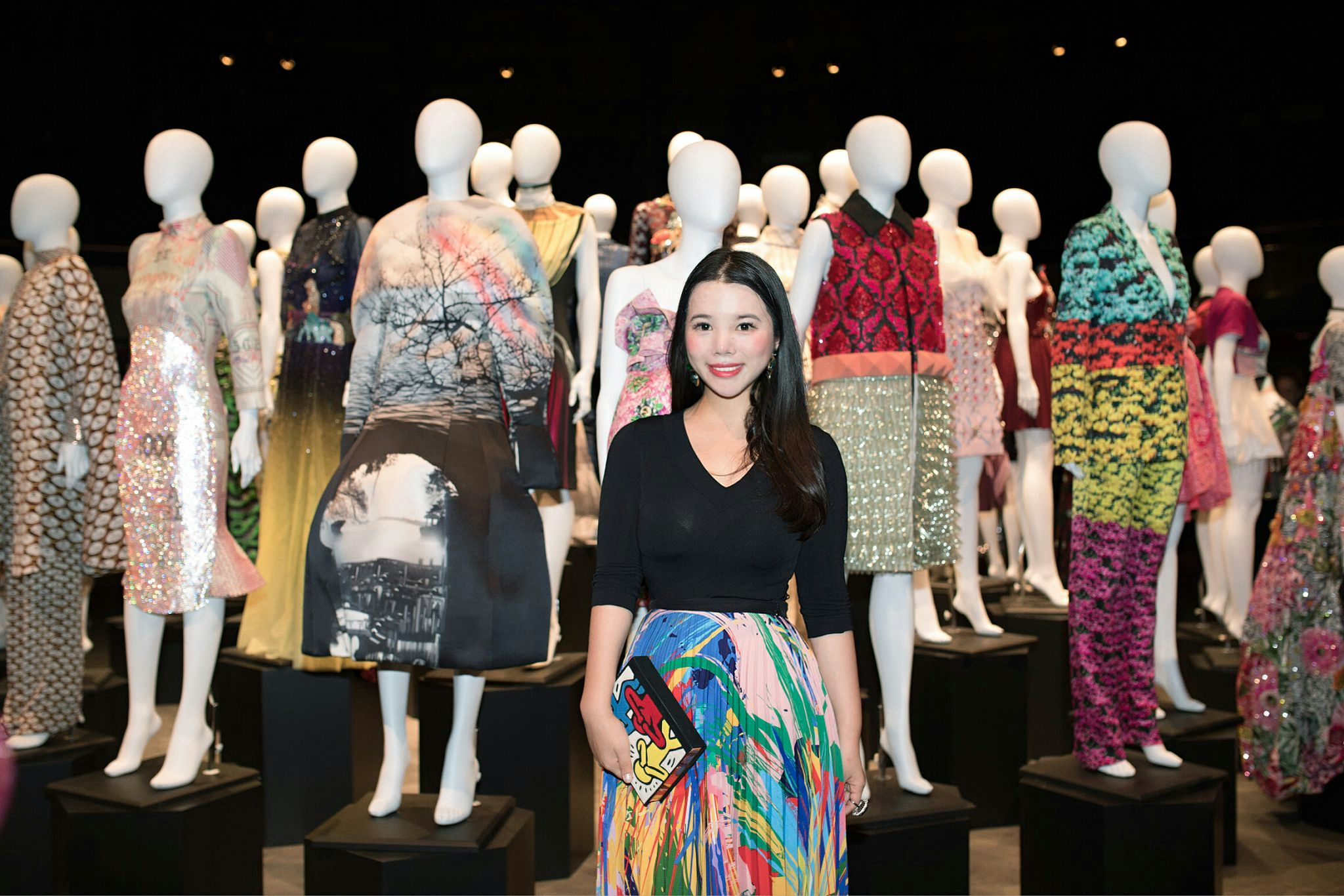In “Chinese Whispers,” we share the biggest news stories about China's fast-moving luxury industry that have yet to make it into English.
In this week’s edition, we discuss:
- Chinese tourists are spending less in Japan and Hong Kong
- Fosun has added an in-house fashion management unit
- China's online retail sales exceeded 1.34 trillion (nine trillion yuan) in 2018
1. Chinese tourists are spending less on luxury goods in Japan and Hong Kong - DW News#
Chinese tourists, who had been spending big on luxury products when traveling abroad, are now becoming more budget-conscious, according to the Chinese media outlet DW News that cited reports in Japan- and Hong Kong-based publications. Travelers from China still supposedly prefer purchasing high-value products but at lower prices. Consumption trends from Hong Kong also indicate that Chinese consumers are now buying fewer high-priced items such as luxury handbags, jewelry, and timepieces. There are a few factors that account for this change in shopping behavior, the report added, including currency fluctuations, a government crackdown on daigou agents, and the high-speed development of China's domestic luxury market.

2. China's Fosun Group sets up a fashion management unit to assist brands entering the country - LadyMax#
The Chinese conglomerate Fosun Group—which owns a list of luxury brands like Lanvin, St. John, and Wolford—has established an in-house management and advisory unit to support fashion brands entering the Chinese market called the Fosun Fashion Brand Management Company, the firm announced on February 22. The new unit will provide a wide range of services for their luxury and fashion clients, including consultation on retail and wholesale operations, marketing and communications, and merchandising. It's a move that signals Fosun's ambition to further expand its influence within the global luxury and fashion industries.

3. China's online retail sales accounted for 45.2 percent of the country's total sales in 2018 - Winsang#
China's online retail market continued to boom in 2018, with total sales reaching nine trillion yuan for the first time in the country's history, said a spokesperson from China's Ministry of Commerce on February 21. Online transactions constituted about 45.2 percent of China's total retail sales last year, which is a healthy jump from 2017's number of 37.9 percent. The continued growth of the evolving Chinese online retail market highlights just how important it is that brands and retailers to keep adapting to the quickly-changing shopping habits of Chinese consumers.



